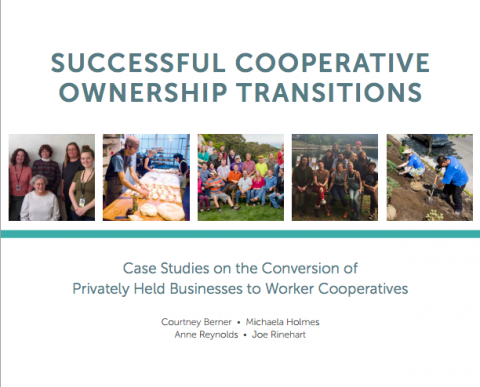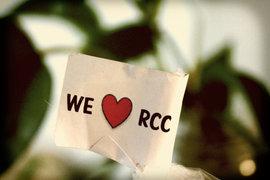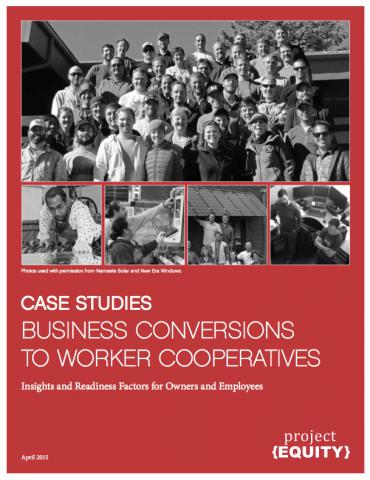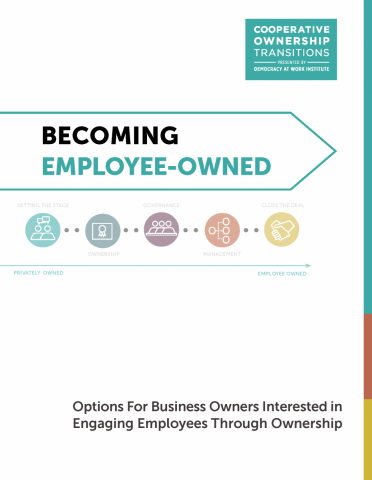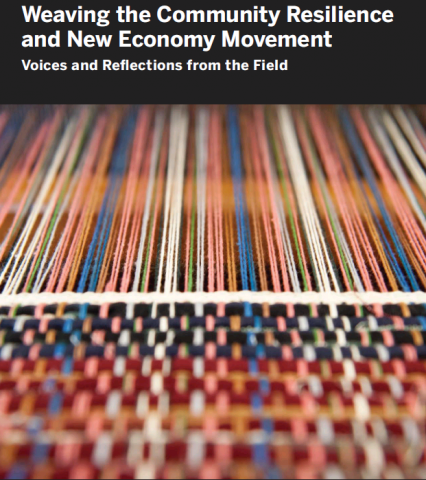Rhizome Urban Gardens is a worker-owned cooperative that designs, installs, and maintains organic gardens and landscapes. It relies on a permaculture-based, whole systems approach, and specializes in organic food gardens. Read more about Rhizome Urban Gardens...
